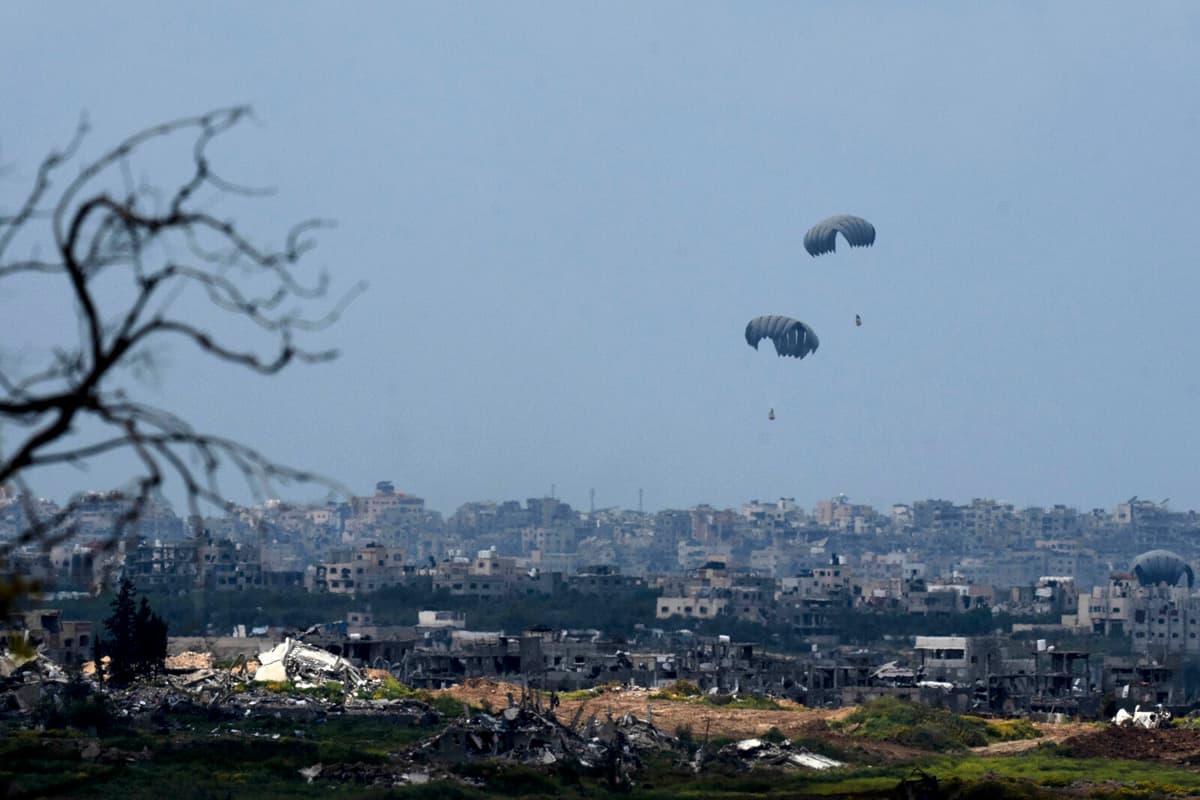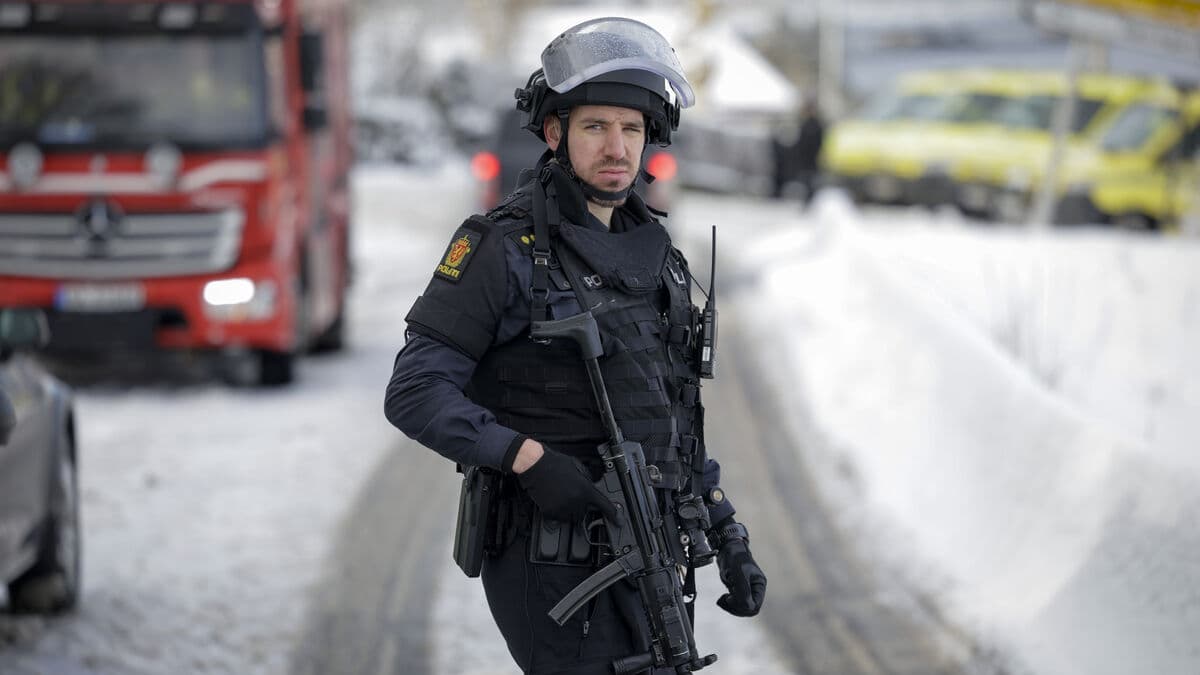During the period, Israel has granted permits for 34 trucks to enter, but "intentional delays and systematic obstacles" from the military's side have since led to fewer than one-third of them actually managing to deliver, among other things, food and water, writes Oxfam.
In connection with the anniversary of the Palestinian Hamas' major terrorist attack, Israel launched a military offensive around October 7 in and around Jabalia, Bayt Lahia, and Bayt Hanoun in northern Gaza Strip. Due to the war actions, it is now feared that many people there do not have food and clean water.
"The situation in Gaza is apocalyptic and people are trapped, unable to find any form of security", says Sally Abi-Khalil, regional director for Oxfam, according to a press release.
Israel has previously during the war urged Palestinians in northern Gaza Strip to flee south. Many have done so, but tens of thousands of people have not wanted or been able to leave their hometowns in the north.
Cogat, the responsible Israeli authority, writes that a total of "1,025 humanitarian aid trucks with food, water, healthcare, and emergency shelter equipment" have been allowed into Gaza Strip over the past week.
Even that number is low compared to the needs described by aid organizations, and the majority of the deliveries that come in are assumed to go to southern Gaza Strip.






